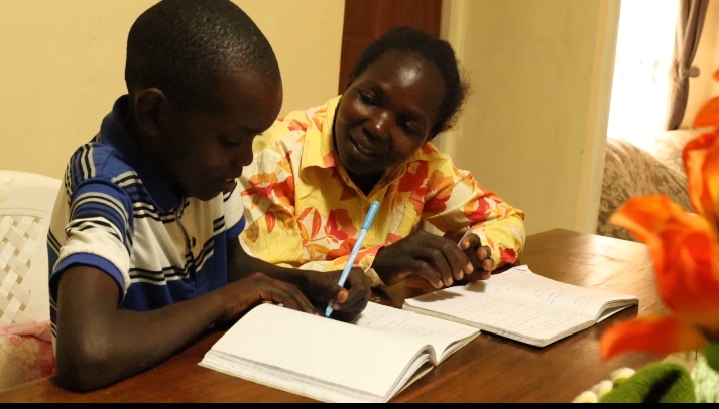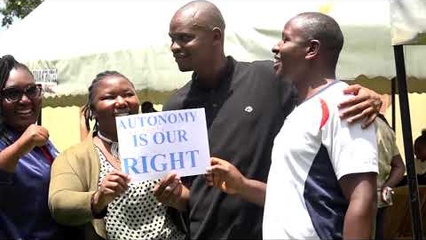In today’s educational landscape, the responsibility of pupils to care for each other has become an essential element of a positive school environment. This concept goes beyond simple friendship; it encompasses empathy, support, and active involvement in one another’s well-being. When students take collective responsibility they foster a culture of kindness, inclusivity, and resilience that benefits everyone involved. However, to create a truly supportive atmosphere, all sectors, teachers, parents, and the community must also play a crucial role.
Understanding Peer Responsibility
Peer responsibility refers to the obligation that students feel towards their classmates. This can manifest in numerous ways, from standing up against bullying to providing emotional support during difficult times.
When pupils are encouraged to look out for one another, they develop important social skills and emotional intelligence. They learn to recognize the signs of distress in their peers and respond appropriately, which is vital in preventing issues like bullying, anxiety, and depression.
Studies have shown that when students perceive their peers as caring and supportive, they are more likely to thrive academically and socially. The sense of belonging that comes from a supportive peer network can lead to increased engagement in school activities, improved academic performance, and a reduction in behavioral problems.
The Role of Teachers
Teachers are instrumental in fostering a culture of peer responsibility. They set the tone for the classroom environment and can implement strategies that encourage collaboration and empathy. For instance, incorporating group projects and cooperative learning activities helps students learn to work together, respect different viewpoints, and support each other.
Moreover, teachers can model positive behavior. When educators demonstrate empathy and support for their students, they provide a powerful example for pupils to follow. Regular discussions about the importance of caring for one another can reinforce these values, creating an environment where students feel safe to express their feelings and concerns.
The Role of Parents
Parents are the first educators in a child’s life, and their influence continues throughout the school years. By instilling values of empathy and responsibility at home, parents can prepare their children to take on these roles at school. Encouraging open discussions about friendships, conflicts, and the importance of helping others can lay the groundwork for responsible peer interactions.
Additionally, parents can collaborate with teachers to create initiatives that promote peer support. Whether through volunteer programs, parent-teacher associations, or community events, parental involvement can significantly enhance the sense of community within a school.
Community Involvement
The broader community also plays a vital role in supporting peer responsibility. Local organizations, businesses, and community leaders can contribute by providing resources and programmes that promote social responsibility among youth. For example, mentorship programs that connect students with positive role models can foster a sense of accountability and support.
Community service projects can also encourage students to work together for a common cause, reinforcing the importance of caring for others. When pupils see their efforts making a difference in the community, they are more likely to feel empowered to support their peers in school as well.
Creating a Culture of Caring
To effectively cultivate a culture of caring and peer responsibility, schools should implement comprehensive programmes that involve all stakeholders. This could include:
- Training Programs for Staff: Educators should receive training on how to address bullying, promote mental health, and facilitate discussions about peer support.
- Peer Mentoring Initiatives: Older students can be paired with younger ones to provide guidance and support, creating strong connections across grade levels.
- Awareness Campaigns: Schools can run campaigns to raise awareness about the importance of peer responsibility, including workshops, assemblies, and informational materials.
- Support Systems: Establishing clear channels for students to report issues and seek help can encourage them to take action when they see a peer in distress.
- Celebrating Kindness: Recognizing and rewarding acts of kindness can motivate students to engage in caring behaviors. Programmes that highlight positive actions can inspire others to follow suit.
The responsibility of caring for one another in school is a profound commitment that can shape the future of students and the wider community. When pupils, teachers, parents, and the community join forces, they create an environment where empathy and support flourish. This collaborative effort not only enhances individual well-being but also contributes to a healthier and more positive school culture. As we move forward, it is crucial to continue fostering these values, ensuring that every student feels valued, supported and empowered to care for their peers.
By Tonny Kyule
The writer is a student at Rongo University, Migori county
You can also follow our social media pages on Twitter: Education News KE and Facebook: Education News Newspaper for timely updates.
>>> Click here to stay up-to-date with trending regional stories
>>> Click here to read more informed opinions on the country’s education landscape






